- Replies 24
- Views 436
- Created
- Last Reply
Most active in this topic
-
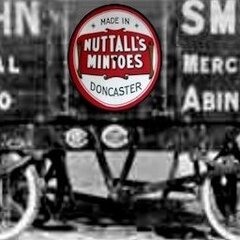 Roburt 10 posts
Roburt 10 posts -
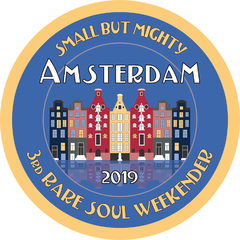 Amsterdam Russ 2 posts
Amsterdam Russ 2 posts -
.thumb.jpg.ee42bbcc6baf44f0791e1dc72e78454a.jpg) Davekd 2 posts
Davekd 2 posts -
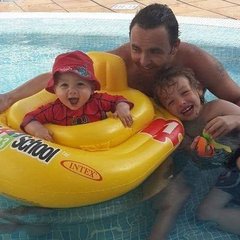 Jim Elliott 1 post
Jim Elliott 1 post




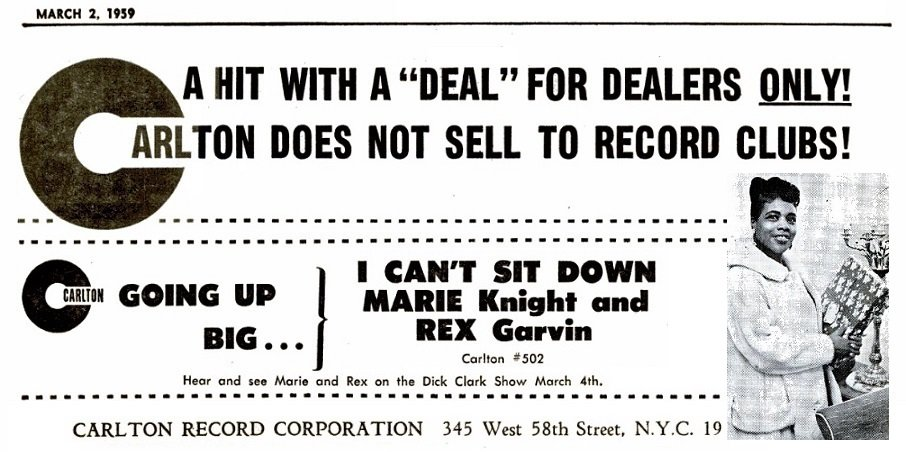
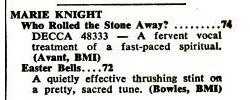


View full article